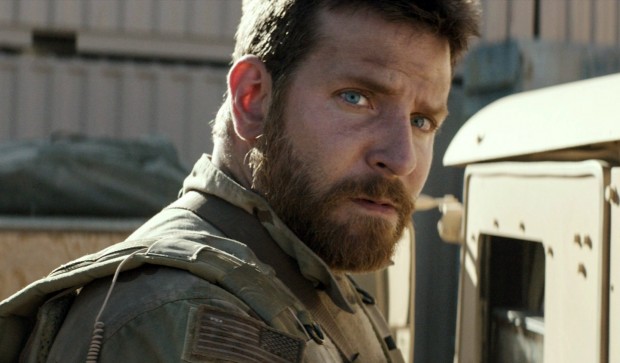
Dailies is a round-up of essential film writing, news bits, and other highlights from across the Internet. If you’d like to submit a piece for consideration, get in touch with us in the comments below or on Twitter at @TheFilmStage.
THR details what Steven Spielberg‘s American Sniper might have looked like:
Spielberg had read Kyle’s book and [Jason] Hall’s screenplay and was willing to commit to it as his next movie, with DreamWorks co-producing. But he had some ideas of his own. For one thing, he wanted to focus more on the “enemy sniper” in the script — the insurgent sharpshooter who was trying to track down and kill Kyle. “He was a mirror of Chris on the other side,” Hall explains of Spielberg’s vision. “It was a psychological duel as much as a physical duel. It was buried in my script, but Steven helped bring it out.”
As Spielberg added more and more ideas to the story, the page count continued to grow, bloating to 160. Warner Bros.’ budget for the film, though, remained a slender $60 million. Ultimately, Spielberg felt he couldn’t bring his vision of the story to the screen for that amount of money and dropped out of the project. Within a week, Warner Bros. president Greg Silverman, one of the three executives who run the studio, asked domestic distribution chief Dan Fellman to call Clint Eastwood.
Watch the Heat finale with the un-used score by Eliot Goldenthal:
Listen to all of the year’s Oscar-nominated scores, some of which were included in our feature of the best scores of 2014:
At Vulture, Kevin Lincoln on Inherent Vice and the modern audience’s ambiguity problem:
If you do a little diving into the reviews for Paul Thomas Anderson’s new, highly misunderstood adaptation of the similarly virtuosic novel by Thomas Pynchon, Inherent Vice, bells start ringing. The movie is “stoned, a “twisty tale” that takes “foggy turns,” has “stoner vibes”; “nothing coheres,” there’s “more style than substance”; it’s “meant to be experienced more than fully understood”; “impenetrable,” “meandering,” “gnarled and goofy,” “less coherent than Pynchon.” The curtain goes up, and a whole chorus of critics can be seen throwing up their hands. Naysayers neigh that they can’t follow the story, and so they are bored, or else frustrated, by their listlessness, which they pin to the movie. They say it’s just the drugs talking, as this is a movie about drugs. They ask, what is Inherent Vice even about?
Ava DuVernay discusses her experience screening Selma at the White House:

